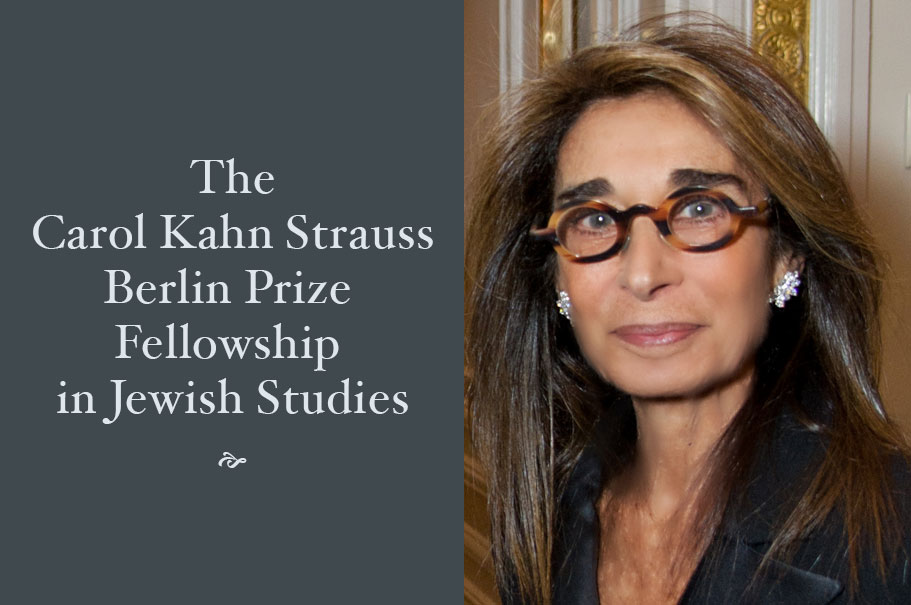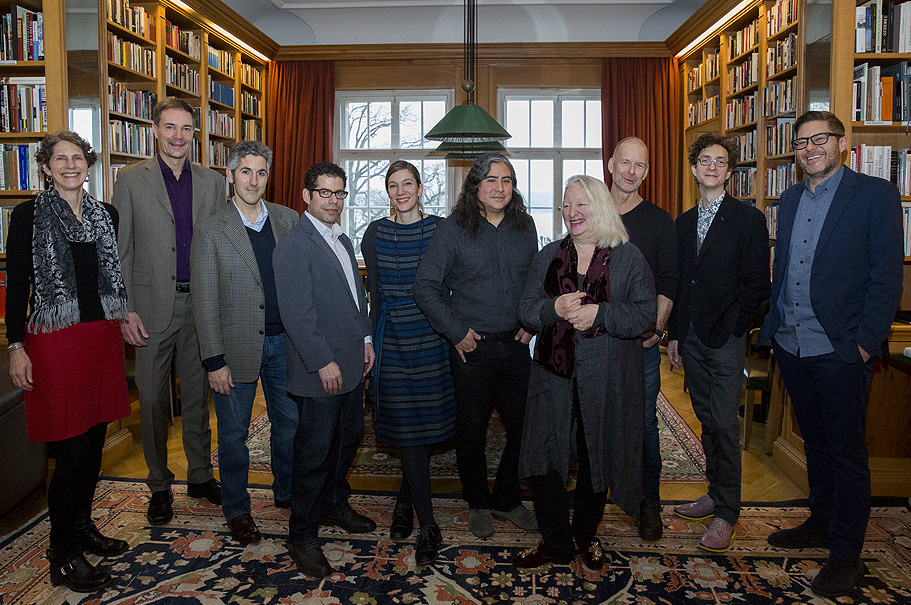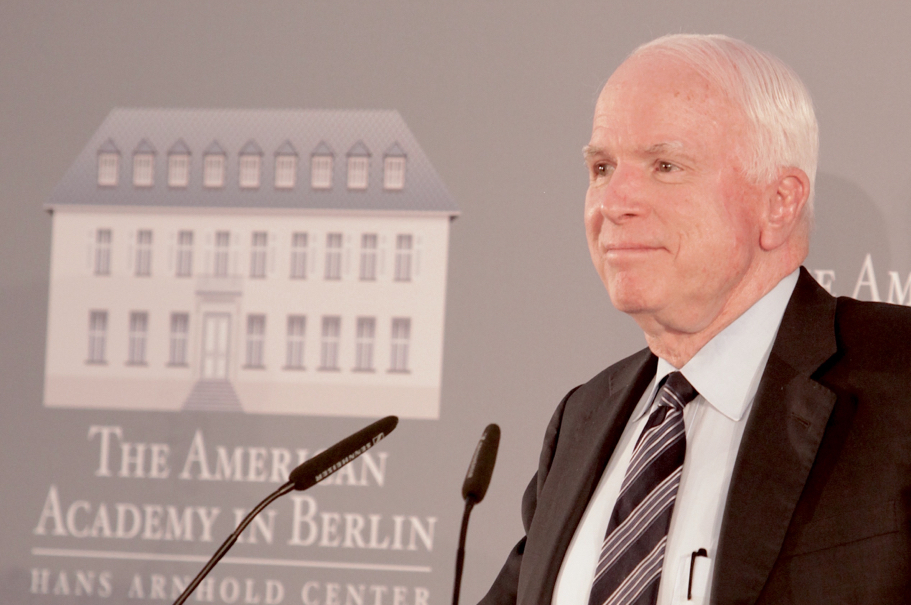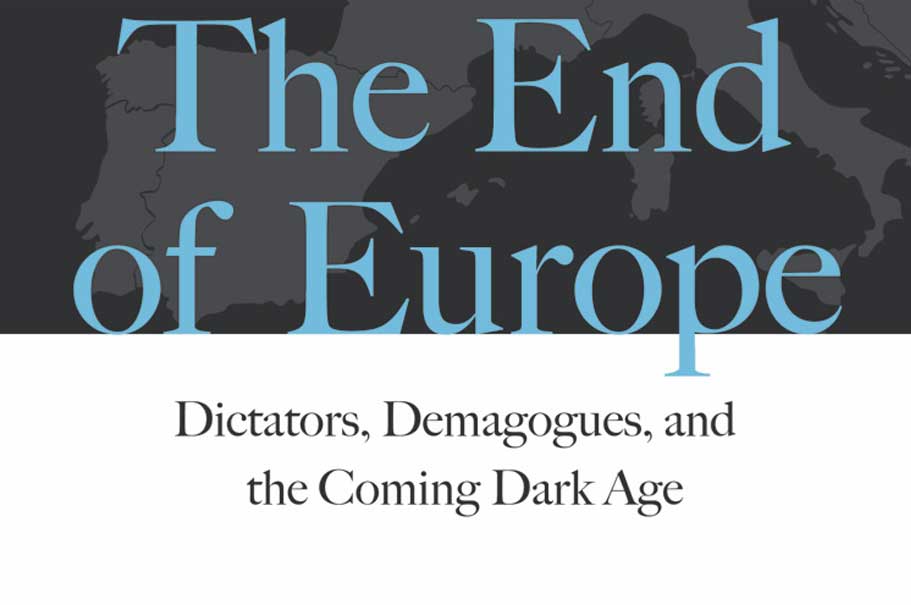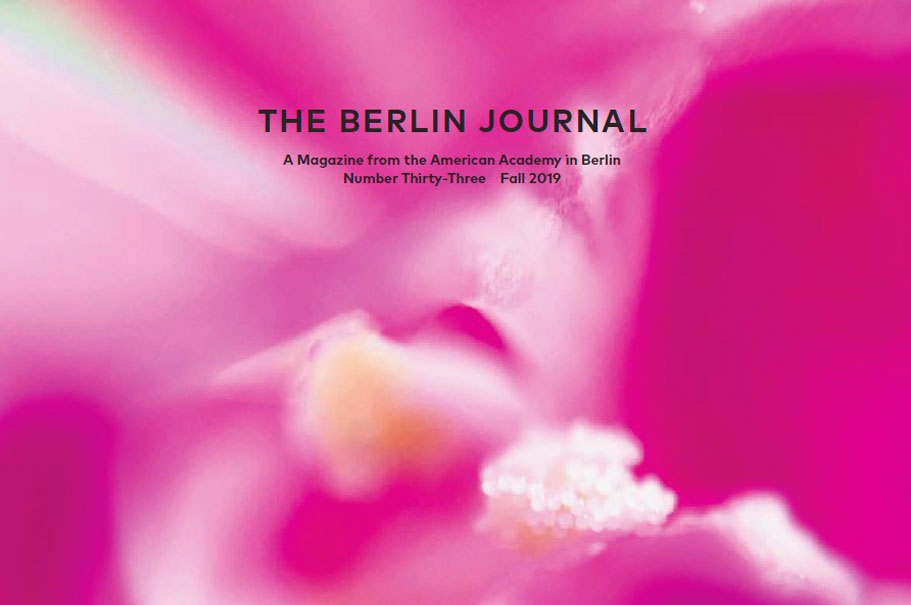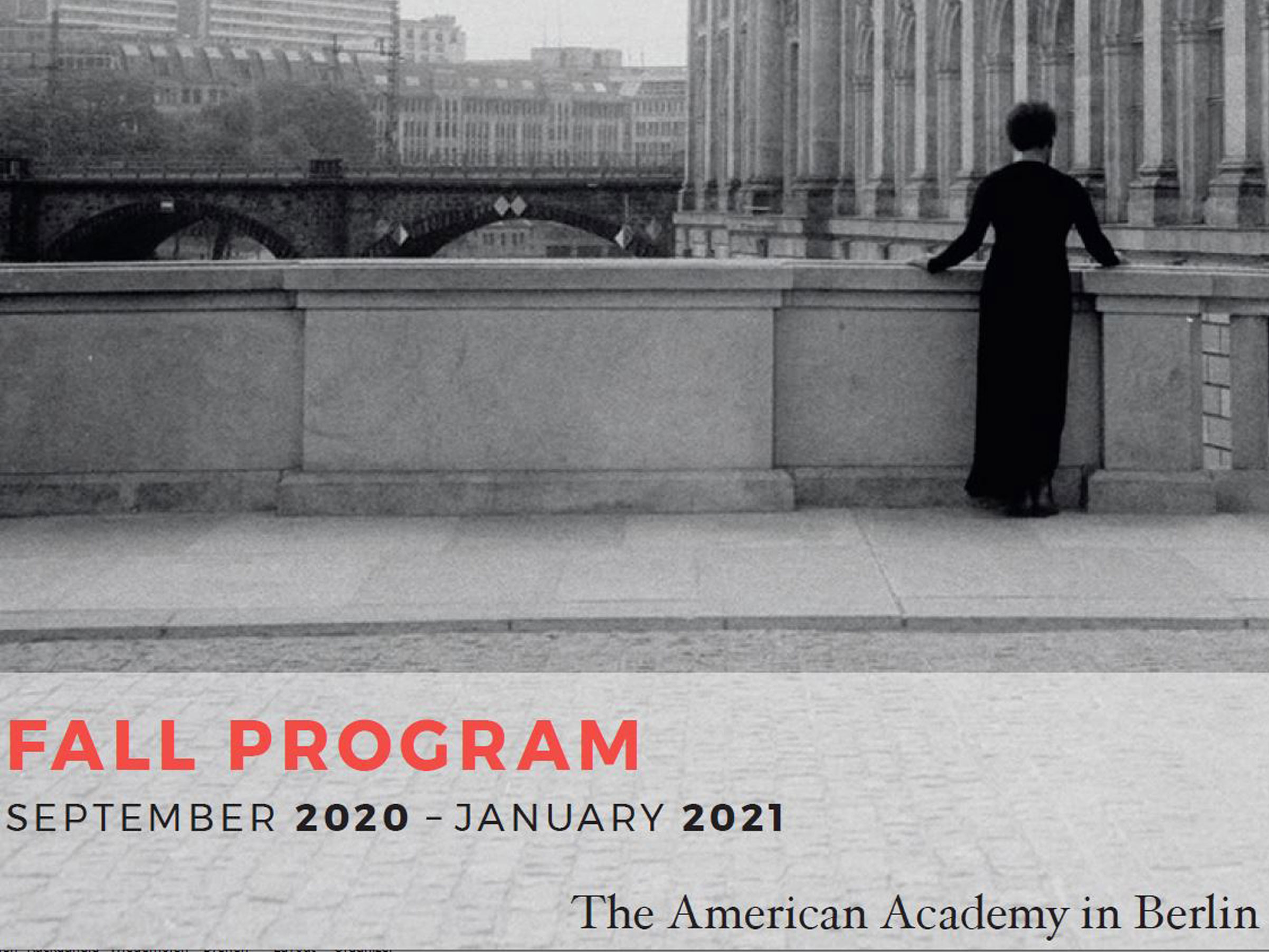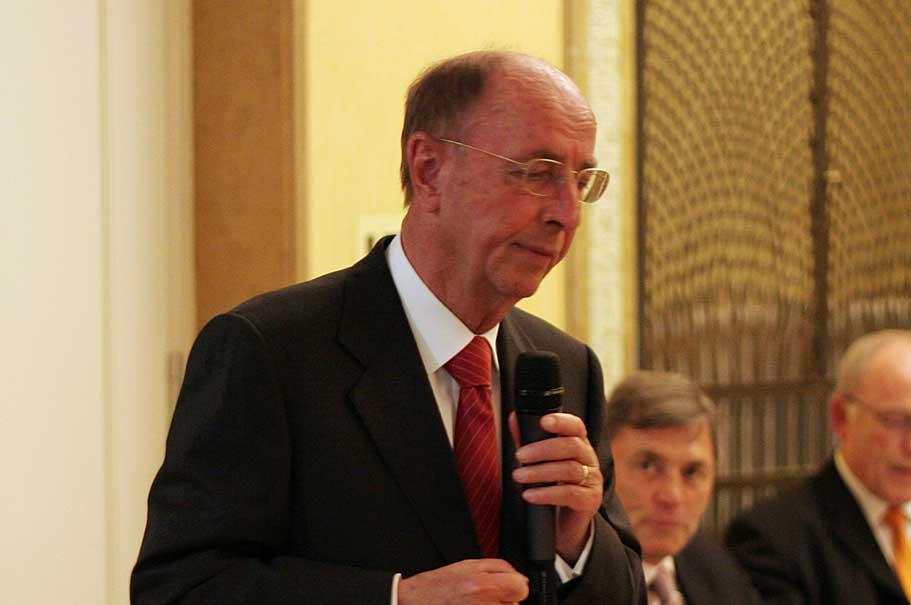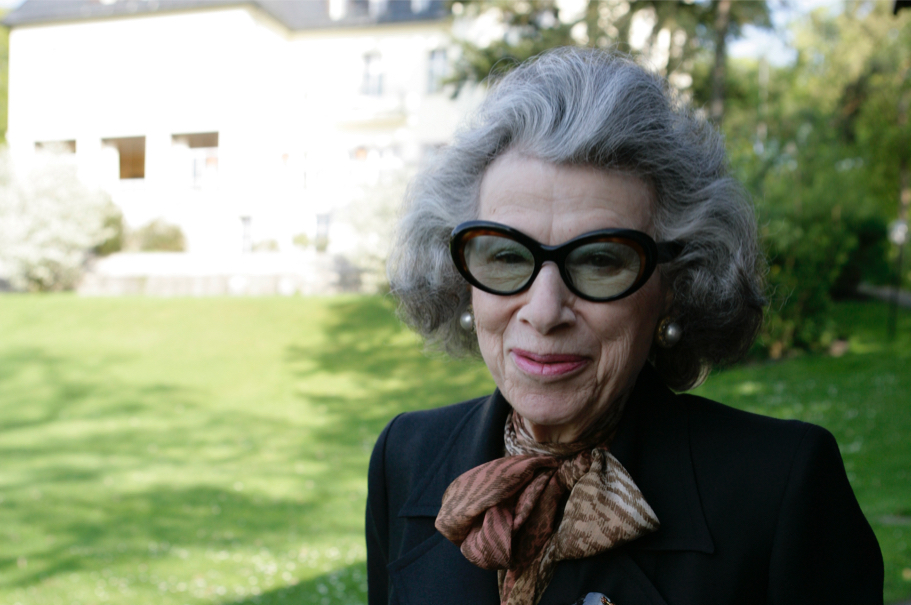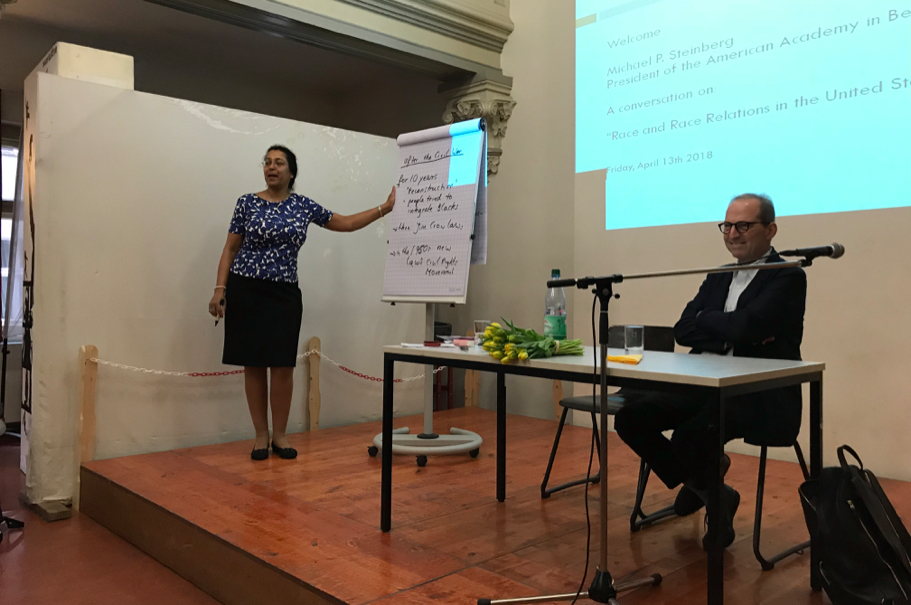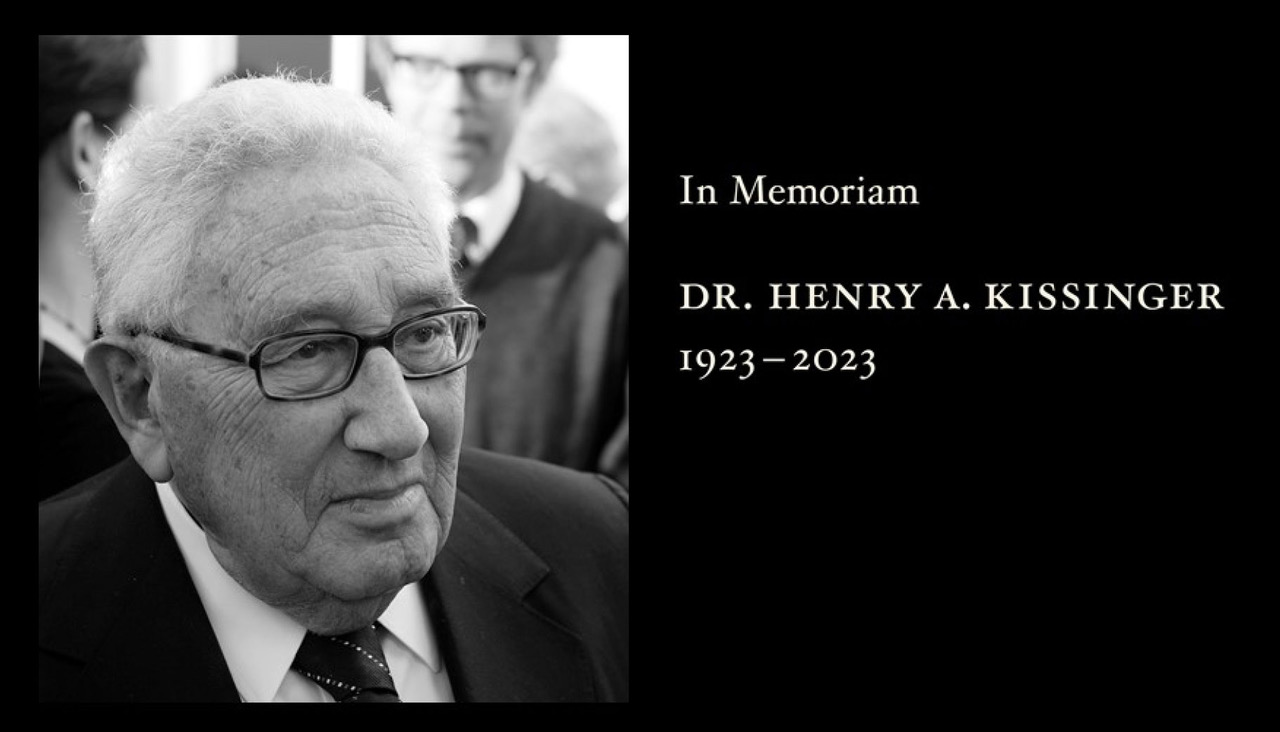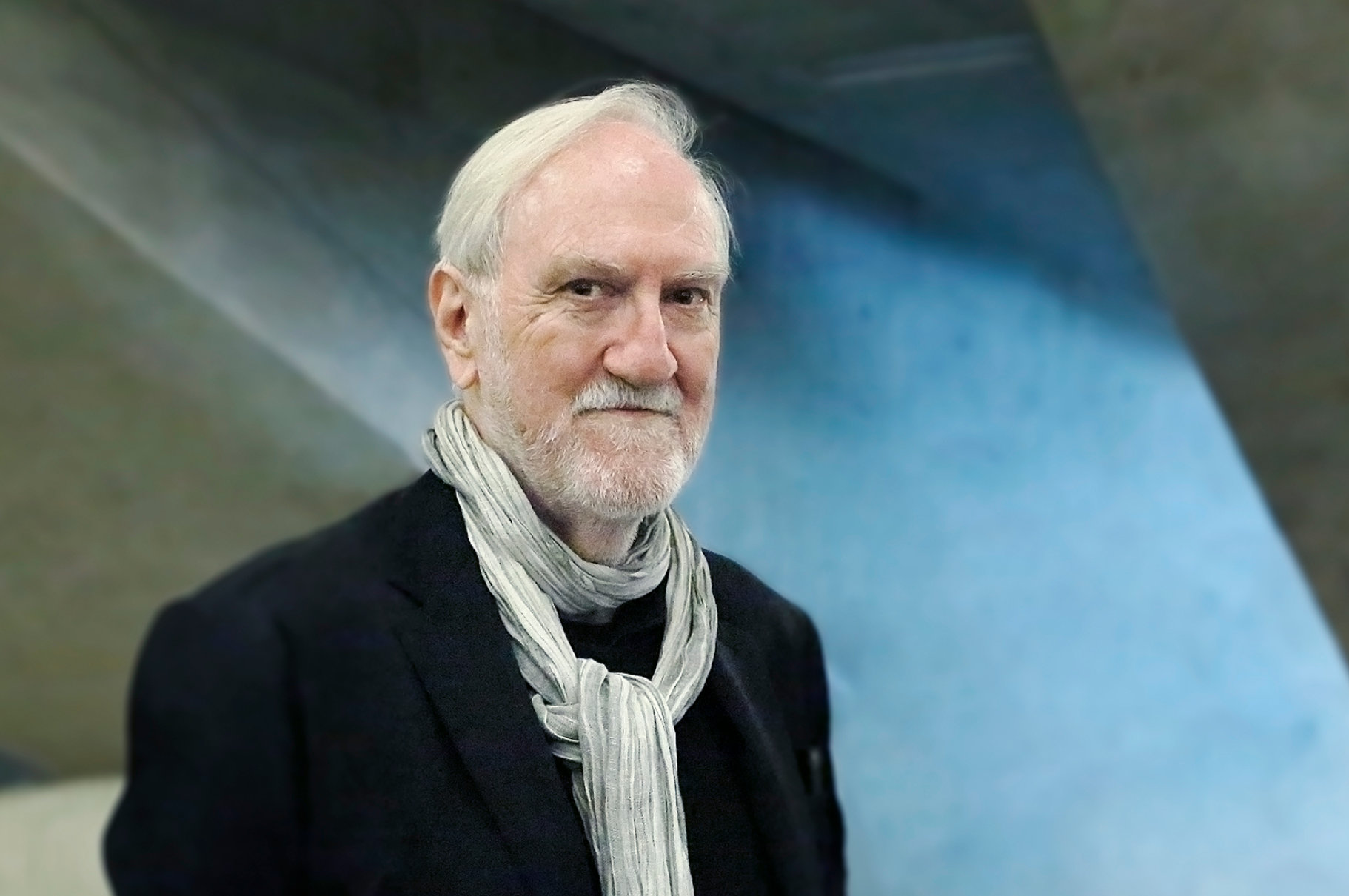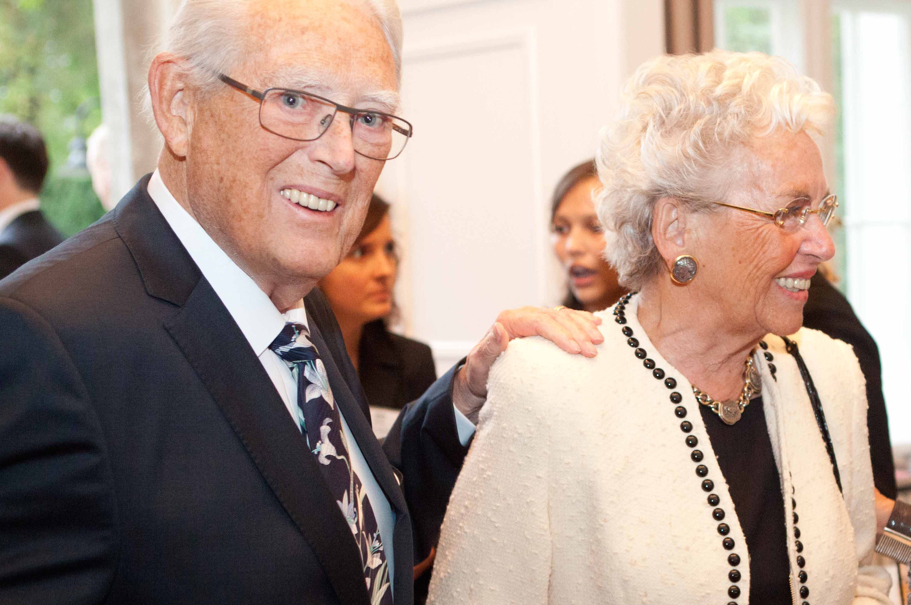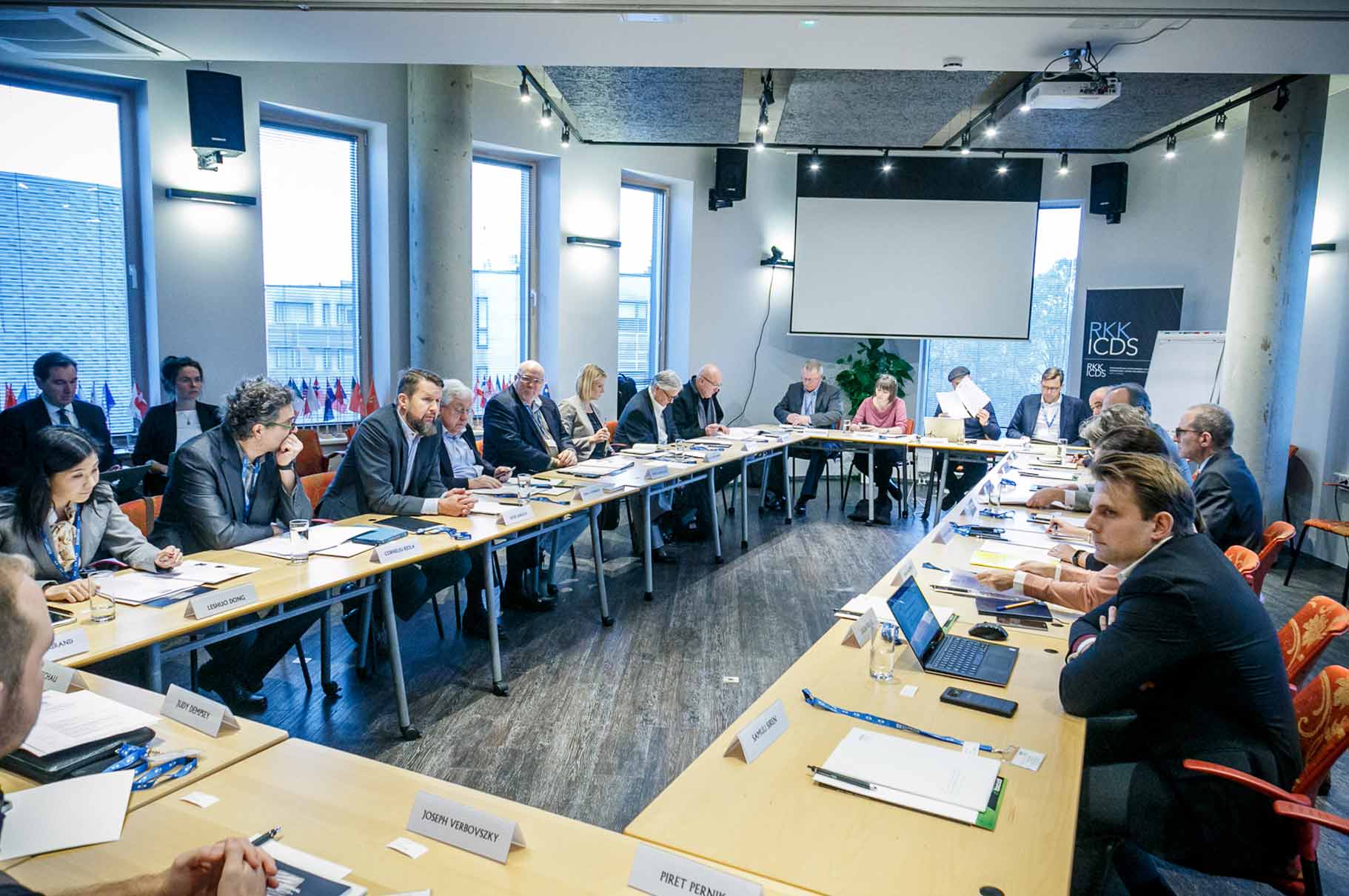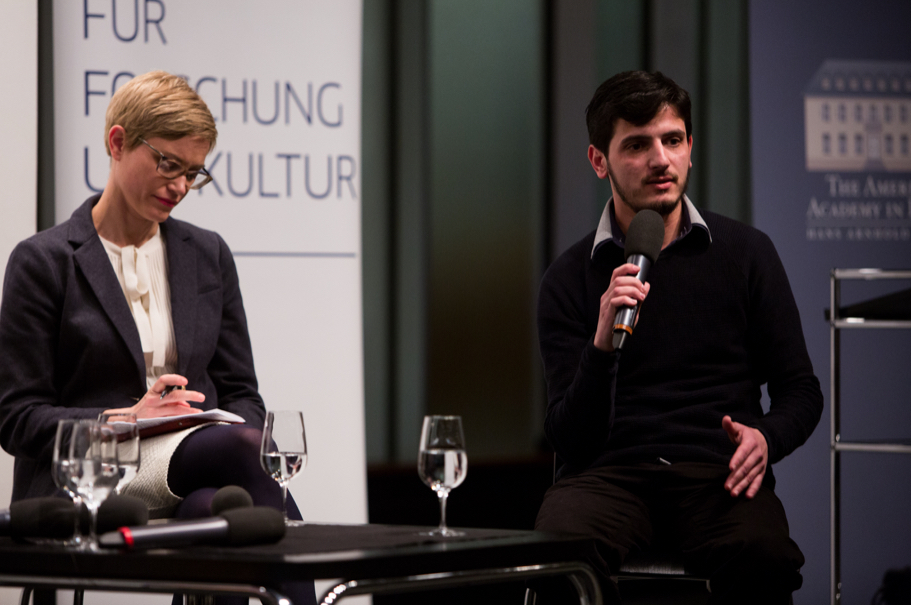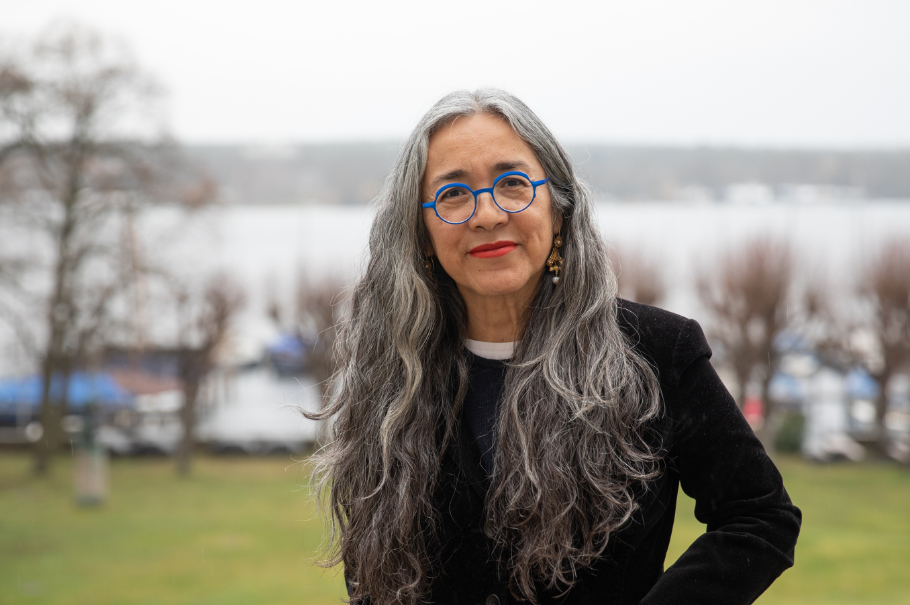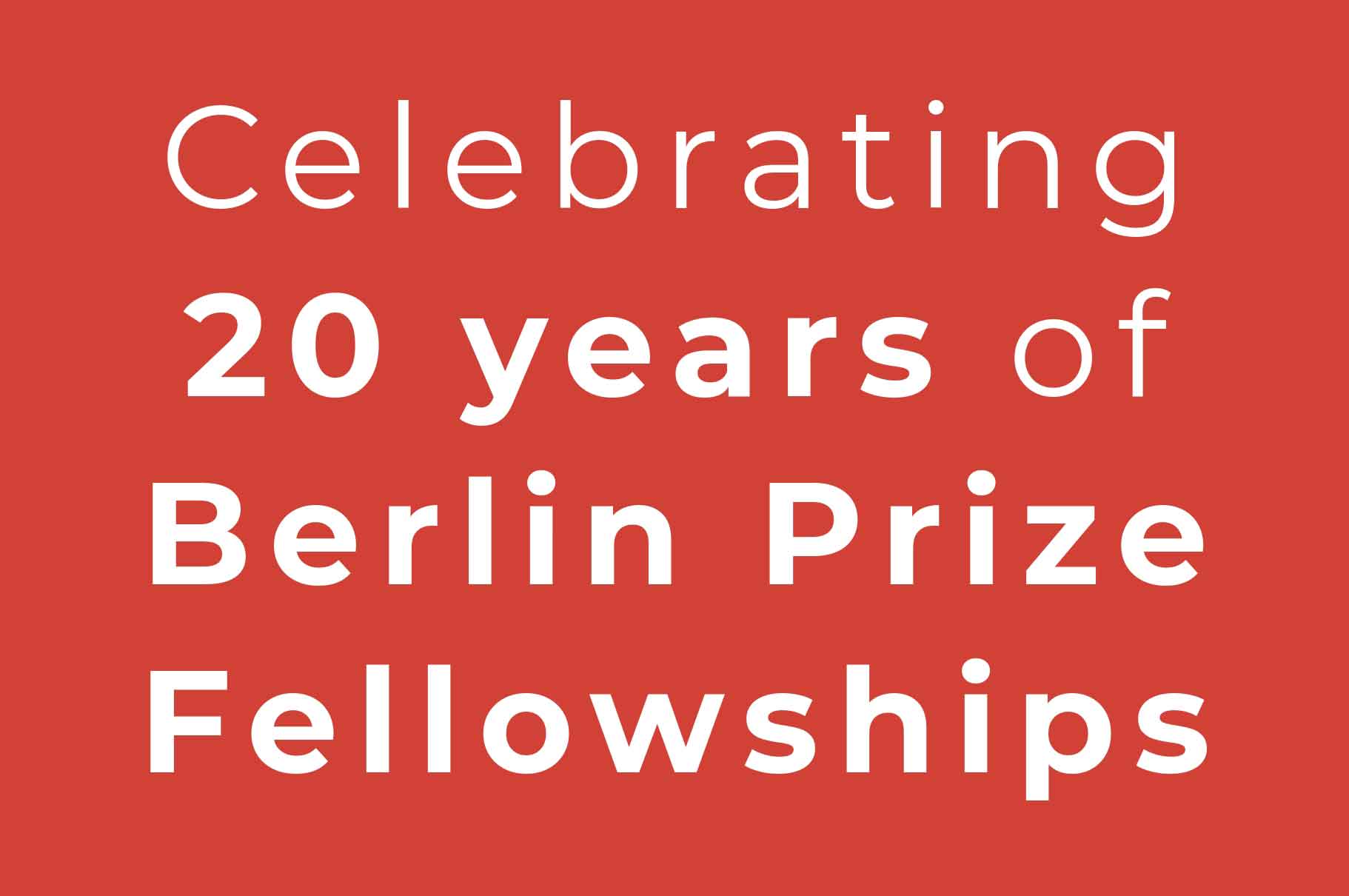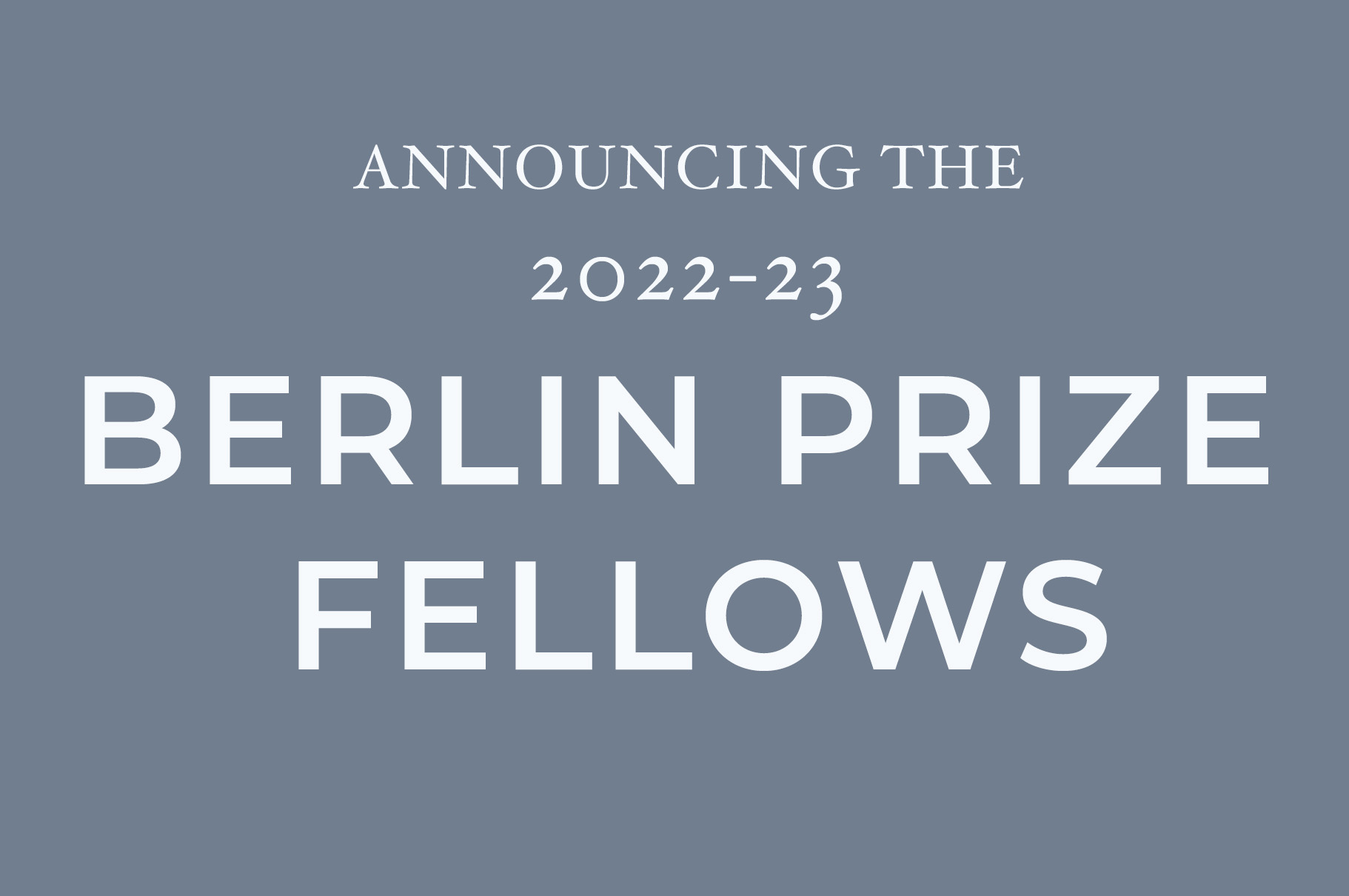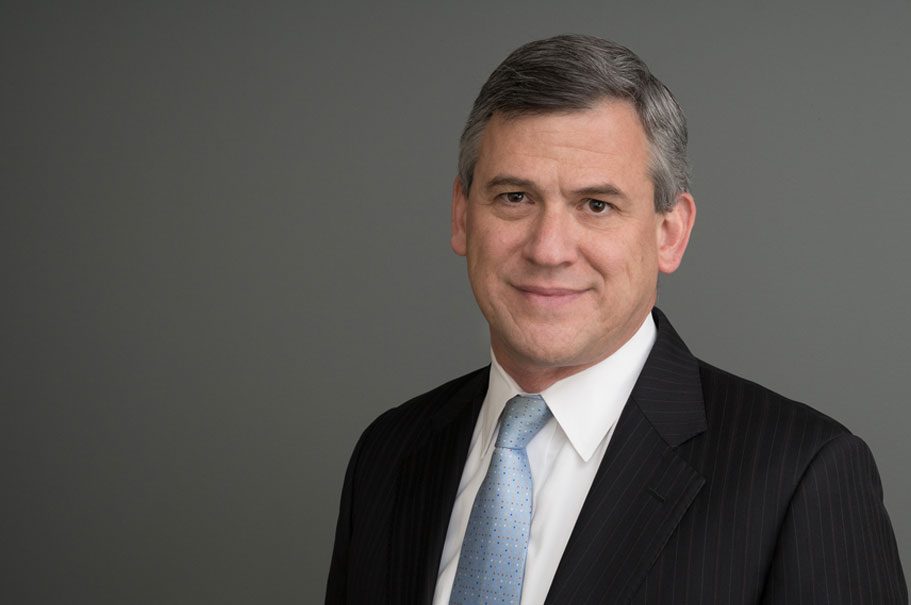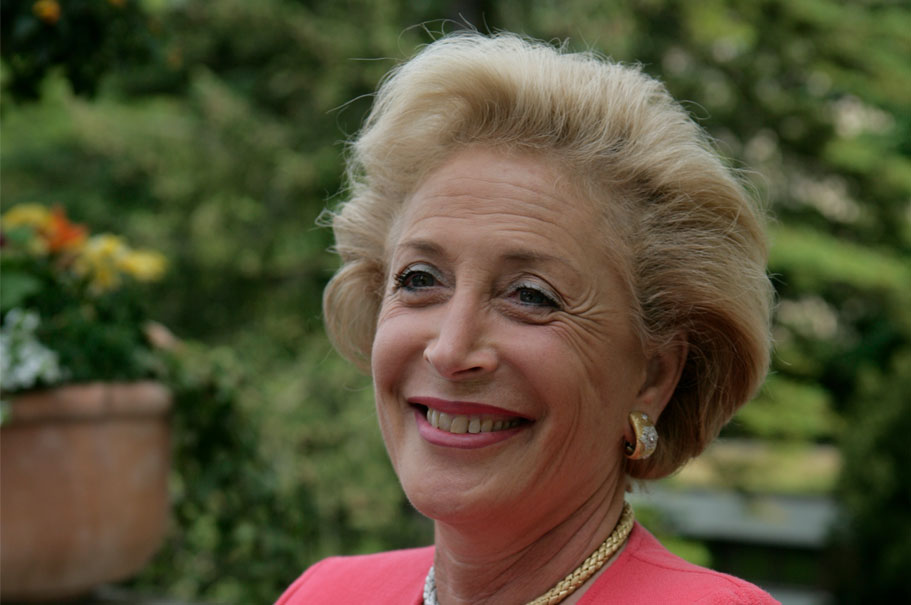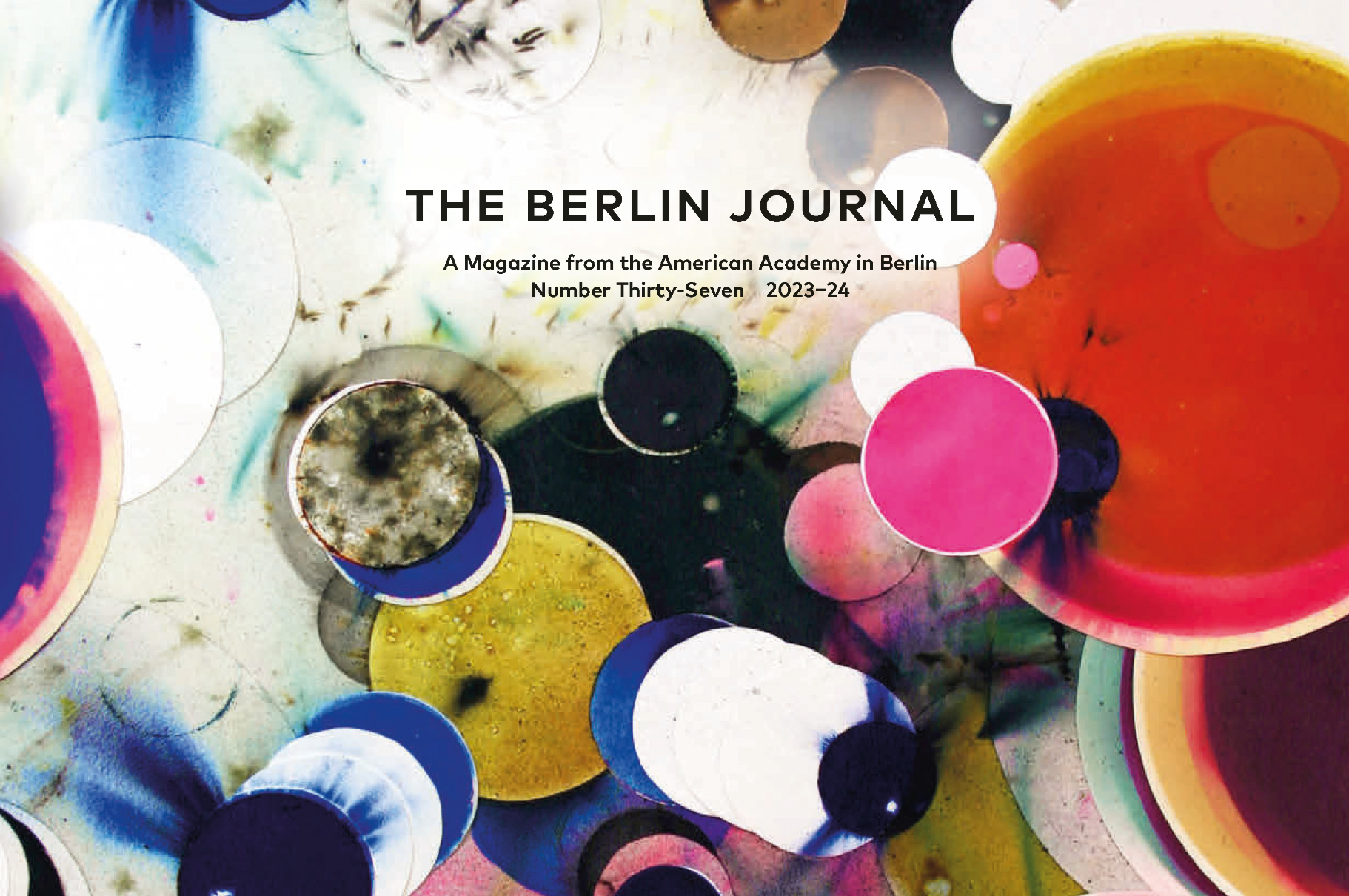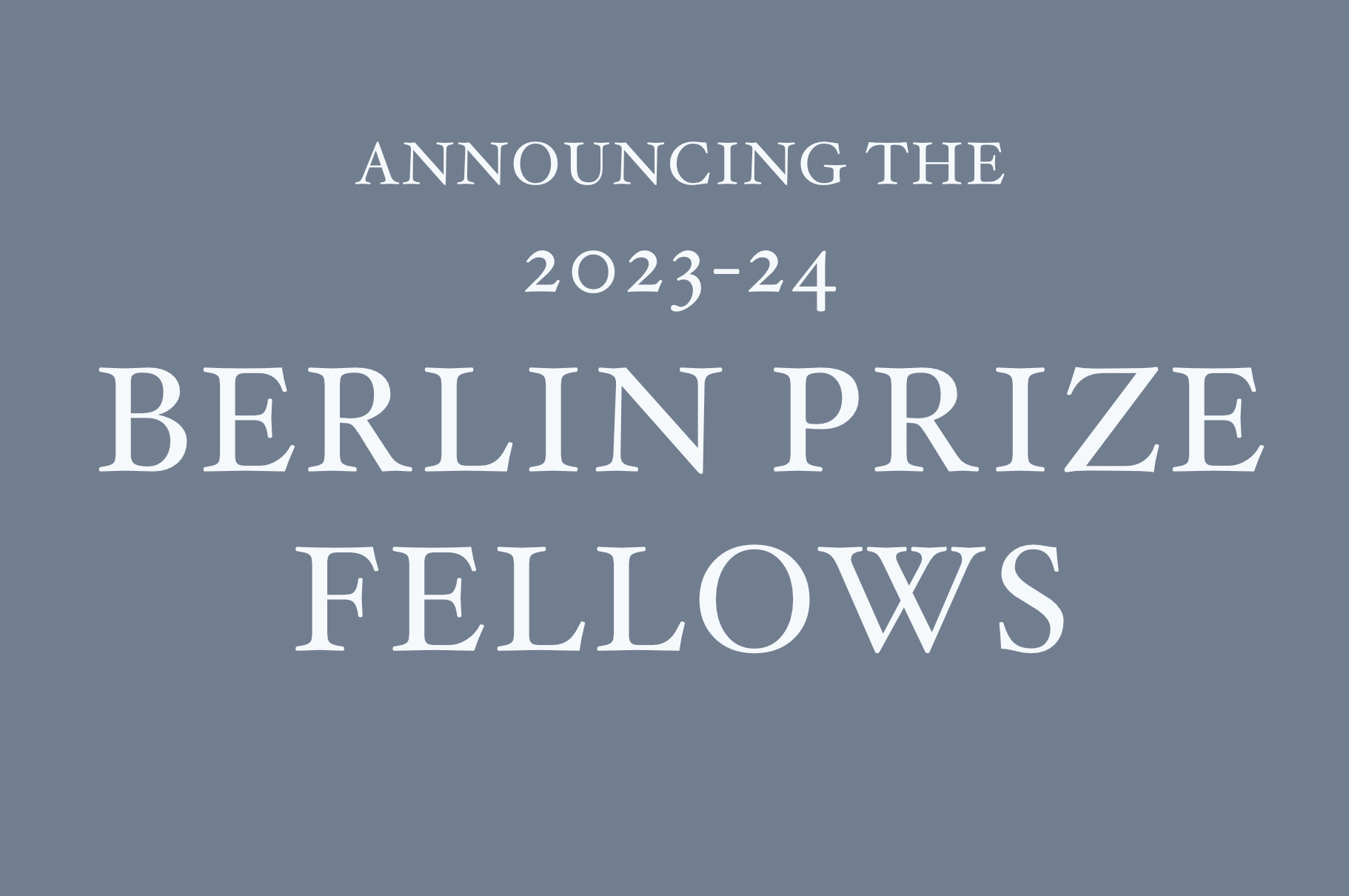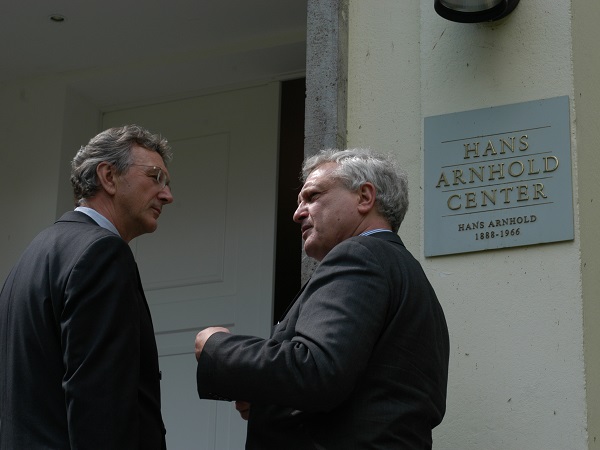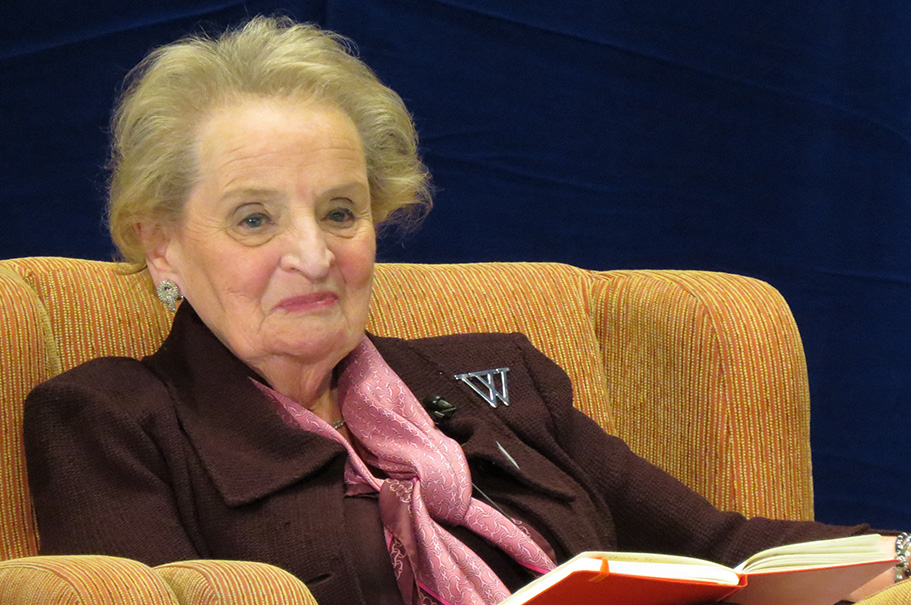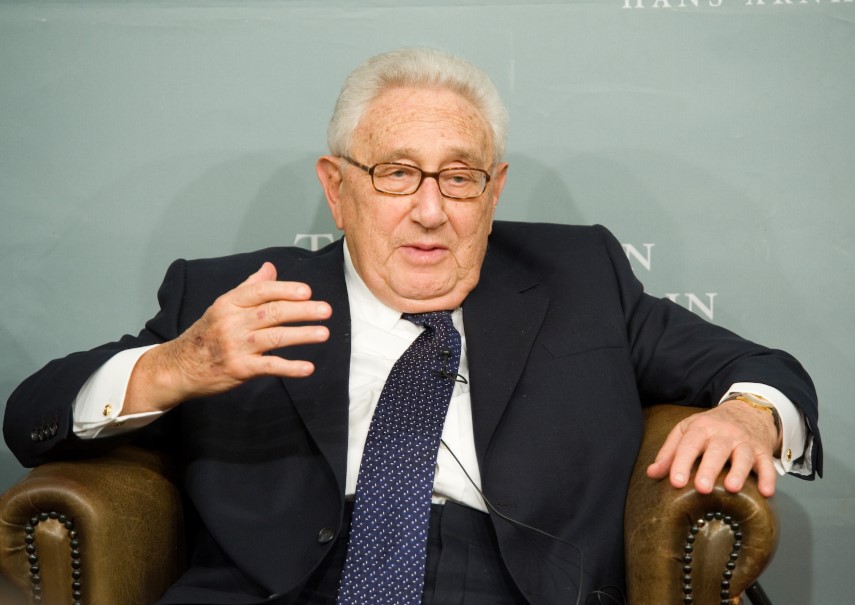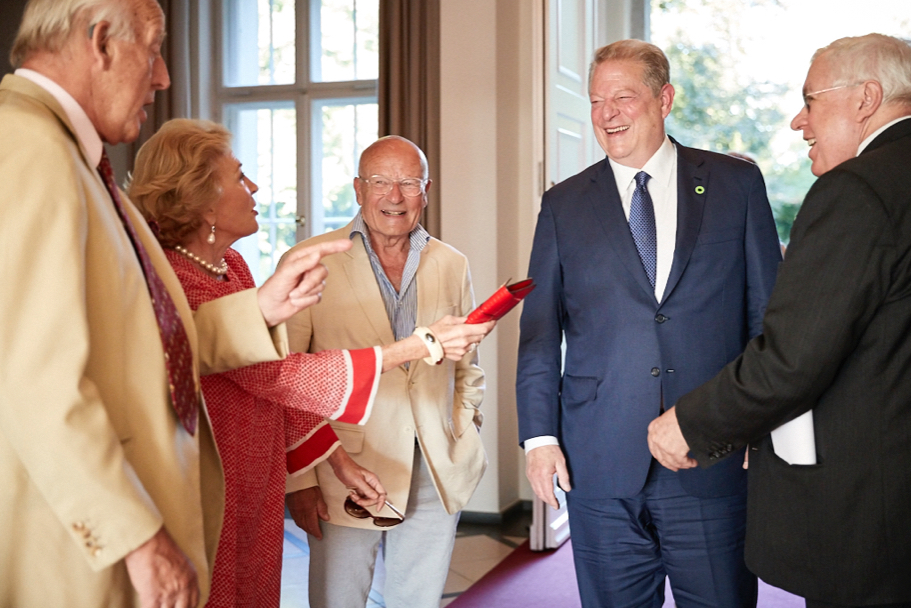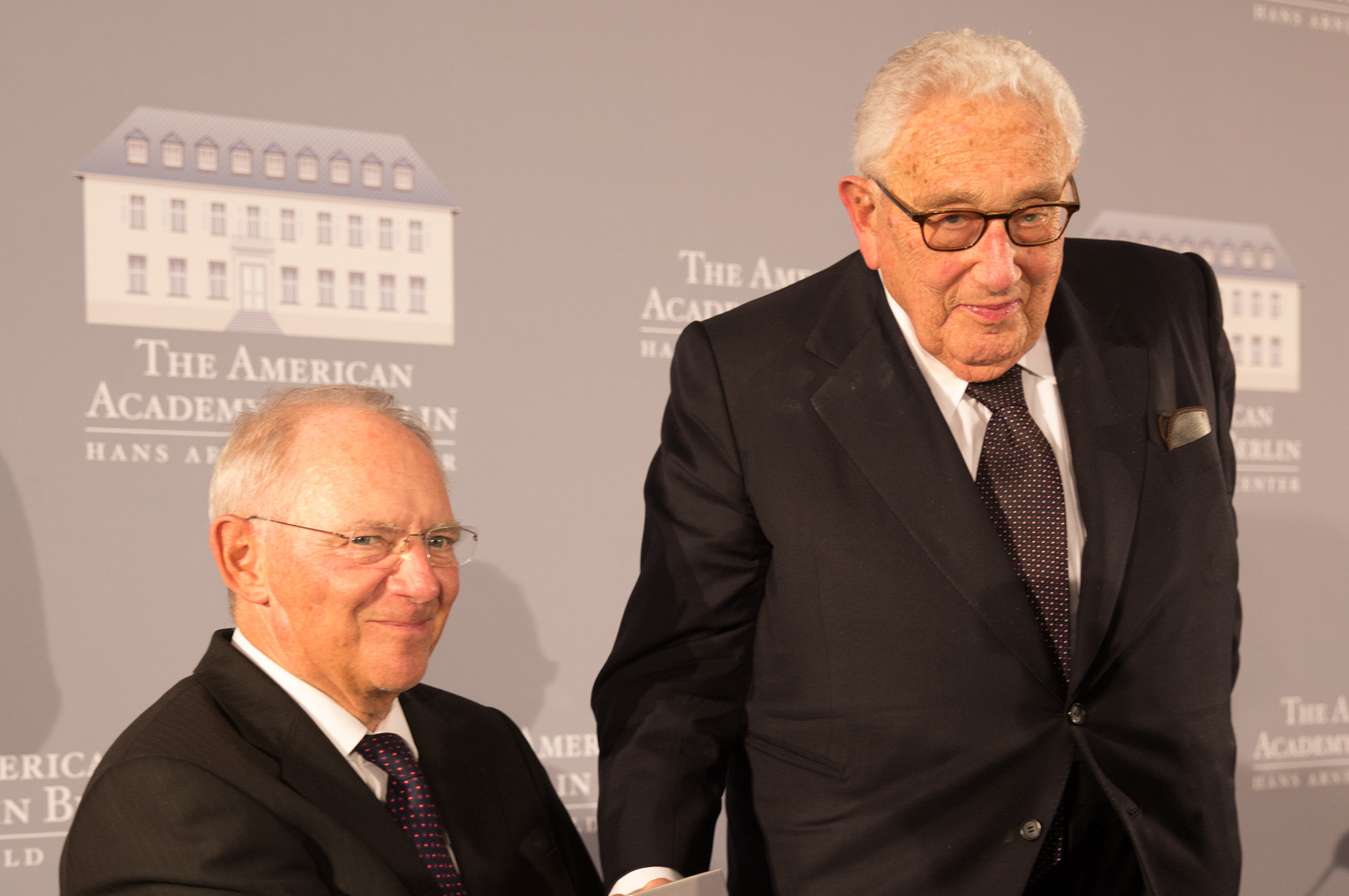
The US Midterm Elections
The American Academy in Berlin began a new series of breakfast discussions at Café Einstein Unter den Linden on November 8, with a talk by Julie Smith about the closely watched US midterm elections. Smith, currently a Weizsäcker Fellow at the Bosch Academy, said she saw “no overwhelming rejection” of the current administration’s policies, contrary to the predictions in some quarters of a “blue wave” that would flip the balance of power in Washington.
Instead, observers should “brace themselves” for rocky relations between President Trump and the Democratic House, since the House has the power to subpoena and control spending, said Smith, a former security advisor of Vice President Biden and a former director of NATO policy at the Pentagon. “We should be under no illusions of a new period of nonpartisanship,” she said, predicting instead more partisanship and gridlock.
Nevertheless, “as a Democrat,” she said, “the results are encouraging. They show that our democracy is functioning.” She noted a series of firsts in people elected for the House of Representatives, which she said were impressive: the first two Native American women, the first two Muslim American women, and the youngest woman ever elected, Alexandria Ocasio-Cortez (29). Noting that 60 percent of women voted for the Democratic Party, Smith said women Democratic voters “are fired up” about gun control and returning decency, civility, and bipartisanship to politics.
Smith said that despite the exit polls showing that 77 percent of Democrats want to see the President impeached, it would be a mistake for the Democratic-led House to take this on, since it would be seen as a purely negative move that would rebound against them in the 2020 presidential elections. By the same token, she said it would be a mistake for the Administration if they moved to get Robert Mueller fired by the new replacement Attorney General, Matthew Whitaker, in order to shut down the Russia investigation. She noted that it was clear the GOP is already not happy about the Attorney General Jeff Sessions resignation/firing, on Wednesday. November 7. “Think about what Sessions could say, now that he is a free agent.” Trump, Smith believes, is “genuinely scared” about what the Mueller report will reveal. Effectively there are two red lines the two parties would be mistaken to cross: impeaching the President or firing the special prosecutor.
As for Dems, Smith foresees them opening a slew of new investigations into Trump’s business affairs—and predicted that they will have to find some ways to confront the President to satisfy their electoral base, most prominently Millennials, who turned out in record numbers in the vote. However again she cautioned that if the Democrats become too negative, any downturn in the economy could provide a convenient strategy for the GOP in 2020, scapegoating the Democrats as precipitating the decline.
Asked about likely Democratic candidates for the 2020 Presidential election, Smith said, “I am tracking at least 25 potential candidates, from movie stars to first-time governors.” She said that some of the Democrats are leaning far to the left, while closer to the center both Michael Bloomberg and Joe Biden are also considering running. Both have national profiles, and this is what it will take to counter Trump’s media appeal, according to Smith. She also said Biden could run on the idea of returning decency to public life.
As for the bigger question of the US relationship with Germany and whether there is a difference between the rhetoric in the Presidential tweets and actual policy, Smith said that for the first year insiders said “ignore the tweets, look at the policy.” But in 2018, she said, the tweets and policy have become much more aligned—and those policies, Smith thinks, are internally and externally destructive. Russia and Israel are now partisan issues, for example; before Trump, there was consensus across the aisle. And the effects of policies on traditional alliances are dour. “I do think there is real, lasting damage being done. We are kidding ourselves if we think the old transatlantic relationship will just snap back in place.”
But Smith also noted that “confronting the US,” as recent statements by German foreign minister Heiko Maas suggest, “is not a wise strategy.” The transatlantic partnership is critical to global security, and Germany cannot go it alone; feigning they can is not helpful.
Ending on an upbeat note, Smith pointed out that despite the angry shouting and divisiveness highlighted in the US media, particularly on television, when one turns off the cable news and Twitter, there is a lot of actual discussion about real issues throughout the US. “Openness, debate, and discussion are alive in America.”
And openness, debate, and discussion lie at the heart of the mission of the American Academy in Berlin, and we will continue to hold events in our breakfast series in Mitte, in addition to our other programming at the Hans Arnhold Center on the Wannsee. Our next breakfast will feature Bill Drozdiak, a senior adviser on Europe for McLarty Associates, who will talk to us about the future of Europe on November 13, 2018.


